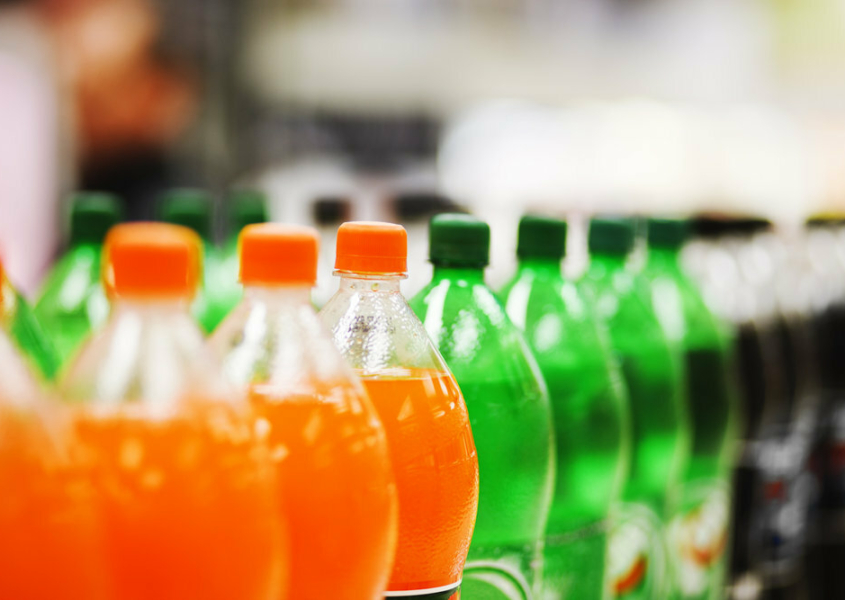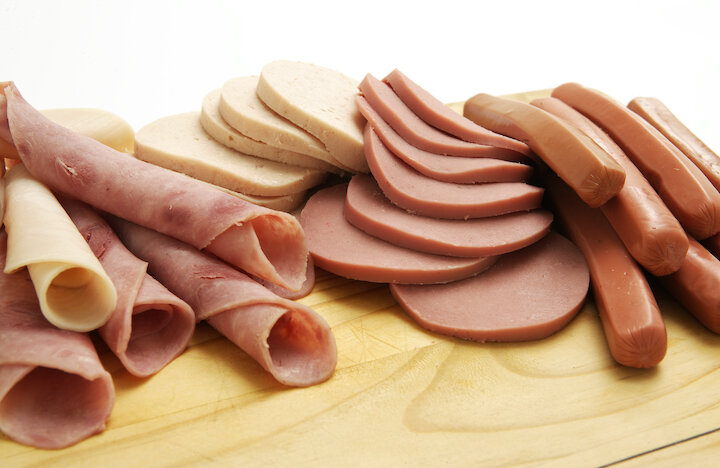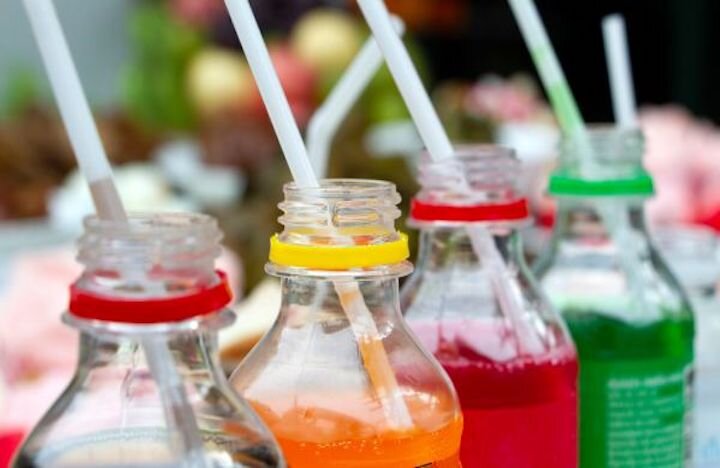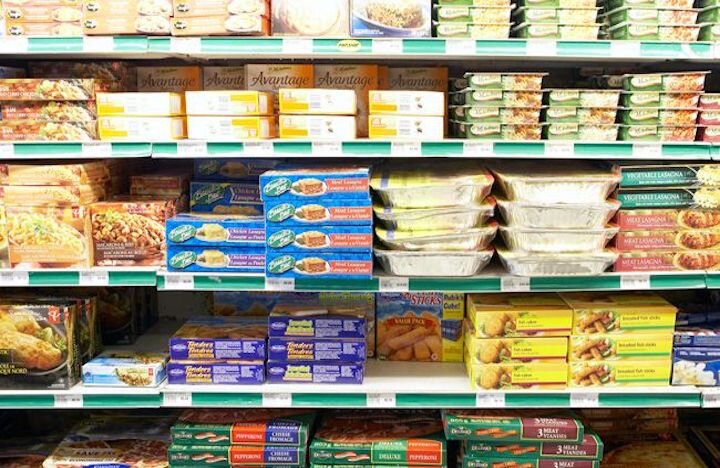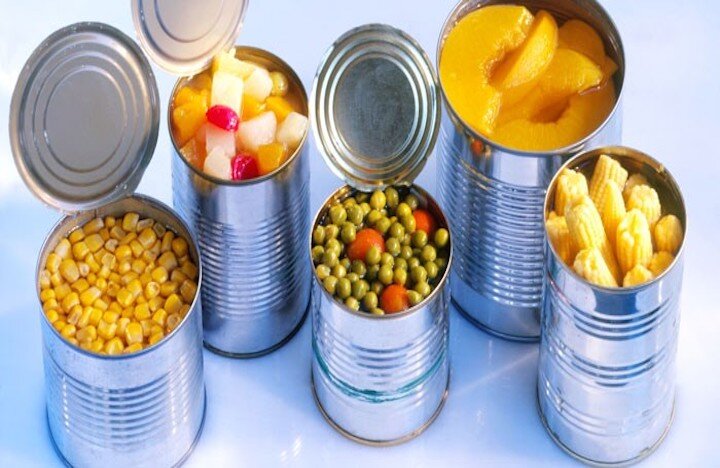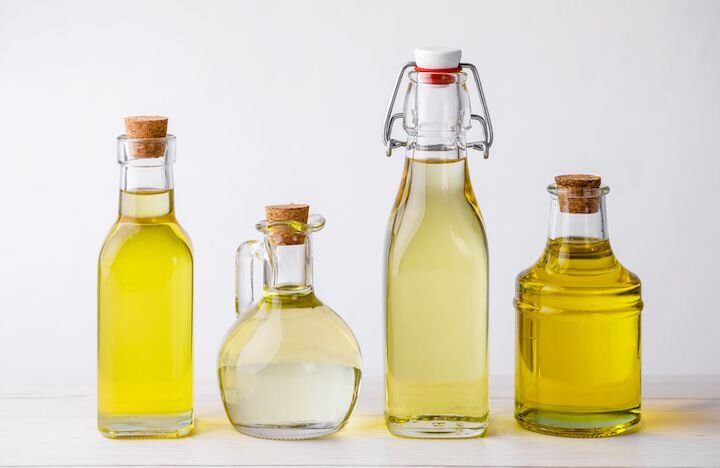Foods That Are Harmful To Kidney Health
When we think about eating healthy, we often associate foods and diets with being heart healthy, good for brain function, etc. While those are absolutely important to focus on, it’s equally as important to think about foods that support other vital organs in our body- like our kidneys. Kidneys have the responsibility of filtering our blood, removing waste, balancing minerals in our bodies and maintaining fluid balance. With all systems in the body, it is crucial that we educate ourselves on the importance of a nutrient-dense diet and limiting our chances of health problems as we age- such as kidney disease or even kidney failure. In this article, we will be discussing some commonly consumed foods that should be avoided for optimal kidney health.
Processed meats often contain high amounts of sodium and preservatives, which can be harmful for kidney health.
Processed Meats
One of the main ingredients you want to avoid for optimal kidney health is excess sodium, which is abundant in processed meats (think hot dogs, bologna, and deli meats). These are meats that have been salted, cured or canned- mostly to enhance flavor and preserve the product. While meat is a great source of protein, it is best to buy whole, lean cuts of meat that you can season yourself with a controlled amount of salt.
Sodas and fruit juices often contain artificial colors and flavorings that can have negative impacts on our health if consumed on a regular basis.
Soda & Fruit Juices
Not only are beverages like soda and juice filled with sugar, but they also contain additives that have kidney-damaging ingredients like phosphorus. Phosphorus is commonly added to preserve shelf life and prevent discoloration. It’s a domino effect- excess sugar contributes to obesity, which increases risk for high blood pressure and diabetes, which are leading causes of kidney disease.
Alcohol should be consumed in moderation and infrequently to ensure optimal kidney health.
Alcohol
Many studies in recent years have proven that regular alcohol consumption (more than 2 drinks a day) has been found to almost double the risk of kidney disease. Alcohol affects the ability for the kidneys to regulate fluids and electrolytes in the body, which causes dehydration. When our body is unable to process minerals and nutrients properly, we can experience symptoms like fatigue, impaired cognitive function, joint inflammation and pain.
While pre-packaged meals are growing in popularity, it is important to read the nutrition information on the packaging to ensure you aren’t consuming an excess amount of sodium and preservatives.
“Instant Meals”
There is an incredibly wide variety of pre-made meal options in our supermarkets, and while some of them have “cleaner” ingredients than others, they all have one thing in common- the use of preservatives (are you noticing a trend here?) In order for pre-packaged and frozen meals to maintain color, shape and flavor, manufacturers have to add preservatives. This can include frozen pizzas, frozen boxed meals, canned soup, etc. Many elderly folks, or even those who are just too busy to cook often find themselves turning to pre-made meals for convenience- but fail to read the ingredients on the label.
When buying canned goods, always look for a low sodium or no sugar added option.
Canned Fruits/Vegetables
Canned, shelf-stable products like canned fruit and vegetables can seem like an equally healthy alternative to fresh fruits and vegetables, but unfortunately that is not always the case. Many canned items contain lots of sodium and added sugar. As we discussed earlier, foods that are higher in sodium and refined sugar can be harsh on your kidneys and prevent their ability to regulate fluid-retention. If you do buy canned goods, we recommend choosing a low-sodium or “no added sugar” option.
Polyunsaturated fats have been recently linked to oxidative damage in the body, but fortunately, there are healthier alternatives.
Polyunsaturated Fats
There has been an increasing awareness of the negative effects of Polyunsaturated Fats, otherwise known as PUFAs’s. All fats have a temperature to which they oxidize, and for fats such as canola oil, vegetable oil and margarine, that temperature is very low. This means that the oils can go rancid, which can lead to free-radical damage in the body. As we know, free radicals can cause damage to all organs in our bodies including our kidneys. Healthier alternatives to PUFA’s would be olive oil, coconut oil or ghee.

